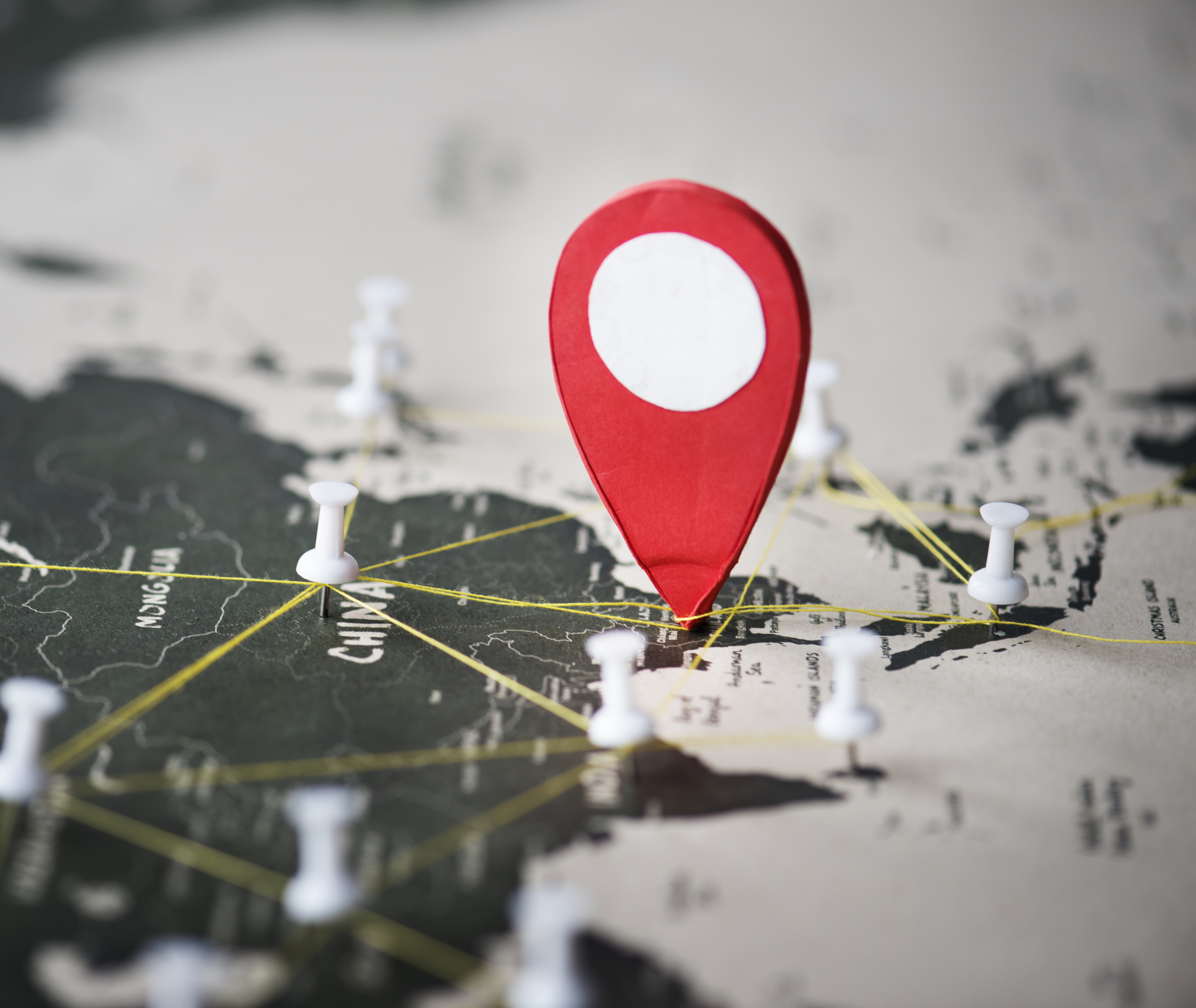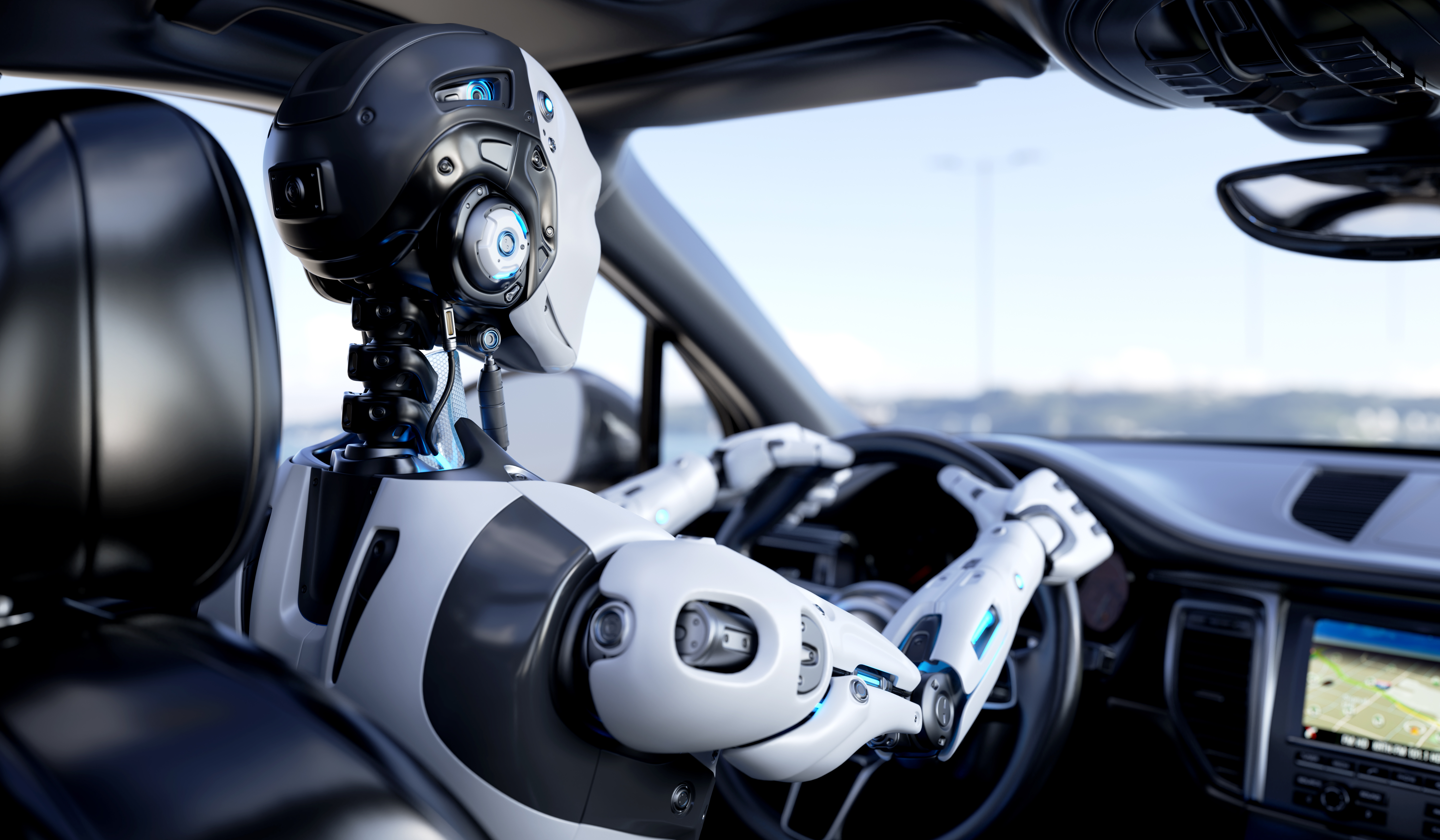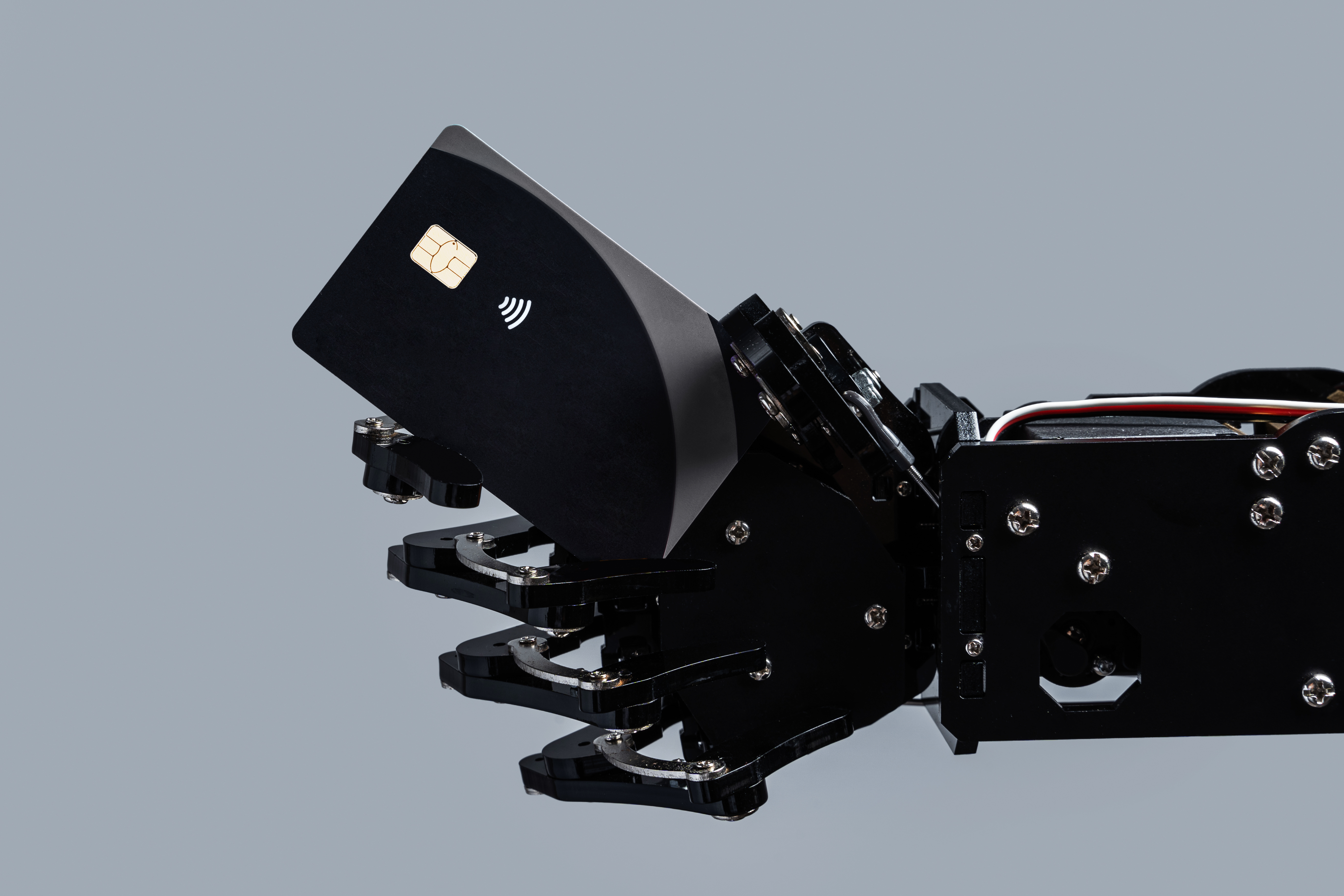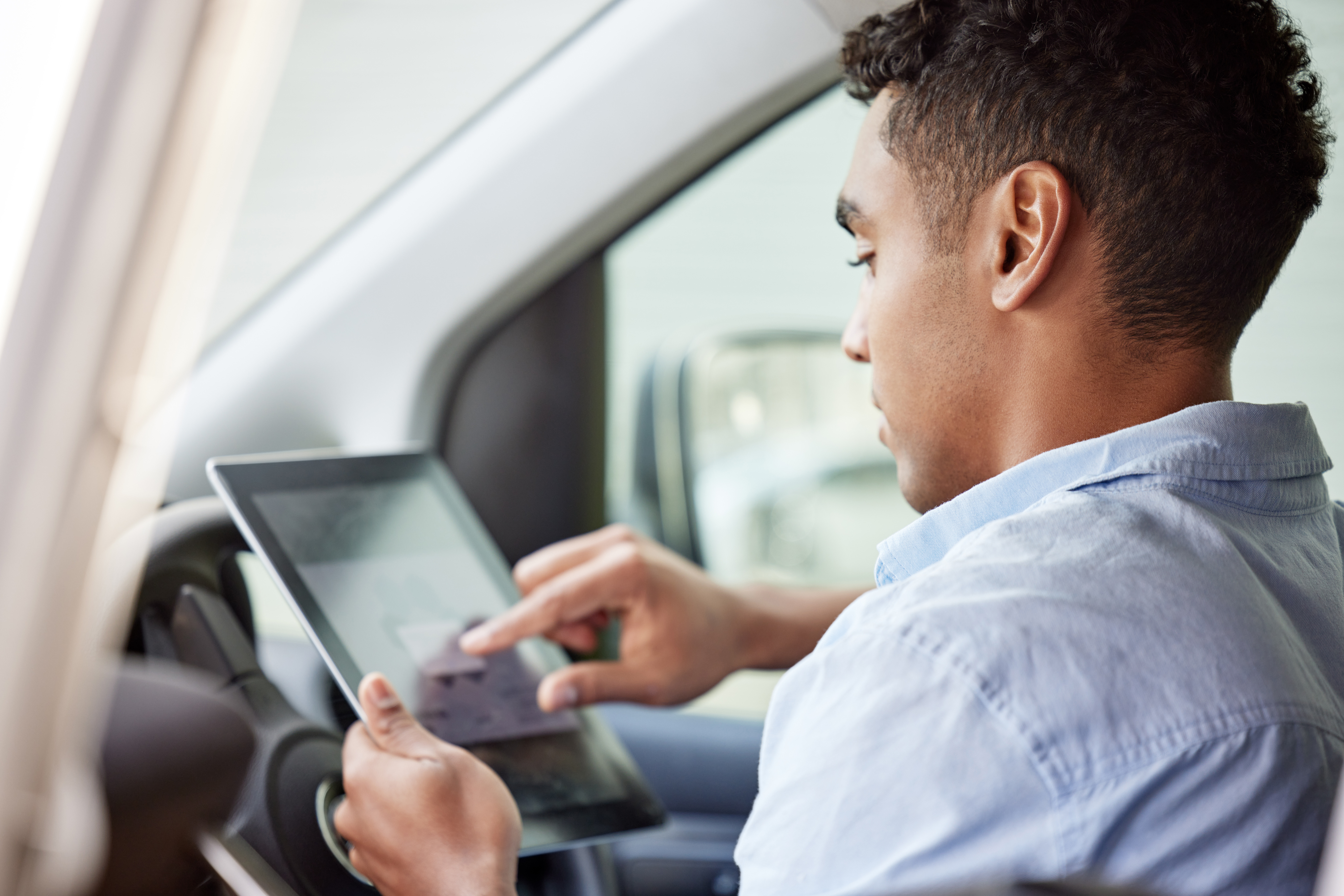11 Ways AI is Revolutionizing How We Plan Travel in 2025
As we approach 2025, artificial intelligence is not just a buzzword but a transformative force reshaping industries across the globe. Nowhere is this more evident than in the realm of travel planning. In a world where convenience and personalization are paramount, AI has emerged as a powerful tool, revolutionizing how we plan, book, and experience our journeys. This article delves into the 11 groundbreaking transformations driven by AI that are set to redefine travel planning techniques by 2025. From hyper-personalized itineraries to predictive analytics, each section will explore a unique facet of this evolution, painting a comprehensive picture of the future of travel. As AI continues to advance, its integration into travel planning is not just enhancing efficiency but also enriching the traveler’s experience, making journeys more seamless, enjoyable, and tailored to individual preferences.
1. Hyper-Personalized Itineraries: Crafting Unique Journeys

In 2025, AI is taking personalization to unprecedented levels by crafting itineraries that are as unique as the travelers themselves. Leveraging vast datasets from past travel experiences, preferences, and even social media activity, AI systems can predict and suggest destinations, accommodations, and activities that align perfectly with individual tastes. Imagine an AI-powered travel assistant that knows you prefer cultural experiences over beach vacations, or that you enjoy trying local cuisines. This level of personalization is achieved through advanced machine-learning algorithms that analyze and learn from vast amounts of data. By 2025, travelers can expect itineraries that not only meet their logistical needs but also resonate with their personal interests, making every trip a truly bespoke experience.
2. Real-Time Language Translation: Breaking Down Barriers

One of the most significant challenges in international travel is the language barrier. AI is poised to eliminate this obstacle with real-time language translation tools. By 2025, travelers will have access to AI-powered devices and applications capable of translating spoken and written language instantaneously. These tools will be embedded in smartphones, smart glasses, and even wearable devices, allowing seamless communication with locals and enhancing the travel experience. The technology relies on neural networks and natural language processing to deliver accurate translations that capture nuances and context, ensuring that travelers can engage meaningfully with the cultures they visit. This transformation not only facilitates smoother interactions but also fosters greater cultural understanding and appreciation.
3. Predictive Analytics: Anticipating Traveler Needs

AI's ability to predict future trends and behaviors is revolutionizing travel planning through predictive analytics. By analyzing historical data, current trends, and external factors like weather patterns and geopolitical events, AI systems can forecast travel demand, optimize pricing, and even anticipate traveler needs before they arise. For instance, airlines and hotels can adjust their offerings in real-time to accommodate expected surges in demand, ensuring availability and competitive pricing. Travelers benefit from this by receiving timely recommendations and alerts, such as alternative routes to avoid delays or suggestions for off-the-beaten-path destinations that match their interests. As predictive analytics continues to evolve, it empowers both travelers and service providers to make informed decisions, enhancing the overall travel experience.
4. Virtual Reality Previews: Experience Before You Travel

Virtual reality (VR) has made significant strides in recent years, and by 2025, it will be an integral part of travel planning. AI-powered VR previews allow travelers to explore destinations and accommodations virtually before making any commitments. This immersive experience provides a realistic sense of what to expect, helping travelers make informed decisions about where to go and where to stay. Imagine walking through the streets of Paris or exploring the Great Barrier Reef from the comfort of your living room. These VR experiences are enhanced by AI algorithms that tailor content to the user’s preferences, ensuring that each virtual tour is relevant and engaging. As a result, travelers can embark on their journeys with confidence, knowing that their choices align with their expectations.
5. AI-Powered Chatbots: 24/7 Travel Assistance

The advent of AI-powered chatbots has transformed customer service in the travel industry. By 2025, these virtual assistants will be more sophisticated than ever, providing 24/7 support to travelers around the globe. Whether it's booking a last-minute hotel room, finding the best local restaurant, or resolving travel disruptions, AI chatbots can handle a wide range of inquiries with speed and accuracy. These systems use natural language processing to understand and respond to queries in a conversational manner, making interactions feel more human-like. Additionally, chatbots can learn from each interaction, continuously improving their responses and expanding their capabilities. This transformation ensures that travelers have access to reliable assistance whenever they need it, enhancing their overall travel experience.
6. Autonomous Transportation: Redefining Mobility

By 2025, autonomous vehicles will play a significant role in transforming travel planning and mobility. AI-driven advancements in self-driving technology are set to revolutionize how we move from one place to another, offering safer, more efficient, and environmentally friendly transportation options. Autonomous cars, shuttles, and even drones will provide on-demand mobility solutions, reducing the need for car rentals and traditional public transportation. These vehicles will be equipped with AI systems that optimize routes, manage traffic flow, and ensure passenger safety. For travelers, this means greater convenience and flexibility, as they can seamlessly navigate unfamiliar destinations without the stress of driving. As autonomous transportation becomes more prevalent, it will reshape urban landscapes and redefine the way we experience travel.
7. Sustainable Travel Solutions: AI's Role in Eco-Friendly Tourism

As environmental concerns continue to rise, AI is playing a pivotal role in promoting sustainable travel solutions. By 2025, AI systems will help travelers make eco-conscious choices, from selecting green accommodations to planning low-impact itineraries. AI can analyze data on carbon footprints, energy consumption, and environmental certifications to recommend sustainable options that align with travelers' values. Additionally, AI-powered platforms will facilitate carbon offsetting and support conservation efforts by connecting travelers with local initiatives. This transformation not only empowers travelers to make informed decisions but also encourages the travel industry to adopt more sustainable practices. As a result, AI is helping to create a more responsible and environmentally friendly future for travel.
8. Health and Safety Enhancements: AI's Protective Measures

In the wake of global health challenges, AI has become an essential tool in enhancing health and safety measures for travelers. By 2025, AI-driven systems will monitor and analyze health data in real-time, providing travelers with up-to-date information on potential risks and safety protocols. AI can also facilitate contactless check-ins, temperature screenings, and health certifications, ensuring that travelers can navigate airports, hotels, and attractions with confidence. Furthermore, AI-powered predictive models can identify and mitigate potential health threats, such as disease outbreaks or natural disasters, enabling travelers to make informed decisions about their itineraries. This focus on health and safety not only protects travelers but also restores confidence in the travel industry as a whole.
9. Seamless Payment Systems: AI-Driven Financial Transactions

AI is revolutionizing payment systems in the travel industry, making financial transactions more seamless and secure. By 2025, AI-powered platforms will offer travelers a range of payment options, from contactless transactions to digital currencies, all designed to enhance convenience and reduce friction. These systems will use machine learning algorithms to detect and prevent fraudulent activities, ensuring that travelers' financial information remains secure. Additionally, AI can analyze spending patterns and offer personalized financial advice, helping travelers manage their budgets more effectively. As a result, AI-driven payment systems are set to streamline the financial aspects of travel, allowing travelers to focus on enjoying their journeys without worrying about financial logistics.
10. Smart Luggage: AI-Enhanced Travel Gear

Smart luggage is set to become a staple of travel by 2025, thanks to AI advancements that enhance functionality and convenience. AI-powered luggage will feature GPS tracking, weight sensors, and even self-following capabilities, ensuring that travelers never lose their bags and can navigate airports with ease. These smart bags will also integrate with travel apps and devices, providing real-time updates on flight status, gate changes, and weather conditions. Additionally, AI algorithms will optimize packing suggestions based on the traveler's destination, length of stay, and planned activities. This transformation in travel gear not only enhances convenience but also reduces stress, allowing travelers to focus on the journey ahead.
11. Enhanced Travel Security: AI's Role in Safety and Privacy

Security is a top priority for travelers, and AI is playing a critical role in enhancing safety measures by 2025. AI-driven security systems will monitor and analyze data from various sources, such as surveillance cameras, biometric scanners, and social media, to detect and prevent potential threats. These systems can identify suspicious activities and alert authorities in real-time, ensuring that travelers remain safe throughout their journeys. Additionally, AI will enhance privacy protections by encrypting personal data and ensuring that information is only accessible to authorized parties. This focus on security and privacy not only protects travelers but also fosters trust in the travel industry, encouraging more people to explore the world with confidence.
The Future of AI in Travel Planning

As we look towards 2025, it's clear that AI is set to revolutionize travel planning in ways we could only have imagined a few years ago. From hyper-personalized itineraries to enhanced security measures, AI is transforming every aspect of the travel experience, making it more convenient, enjoyable, and secure. These 11 groundbreaking transformations highlight the potential of AI to not only meet the evolving needs of travelers but also to drive innovation and sustainability in the travel industry. As AI continues to advance, it will undoubtedly unlock new possibilities and redefine the way we explore the world, ushering in a new era of travel that is smarter, safer, and more personalized than ever before.








